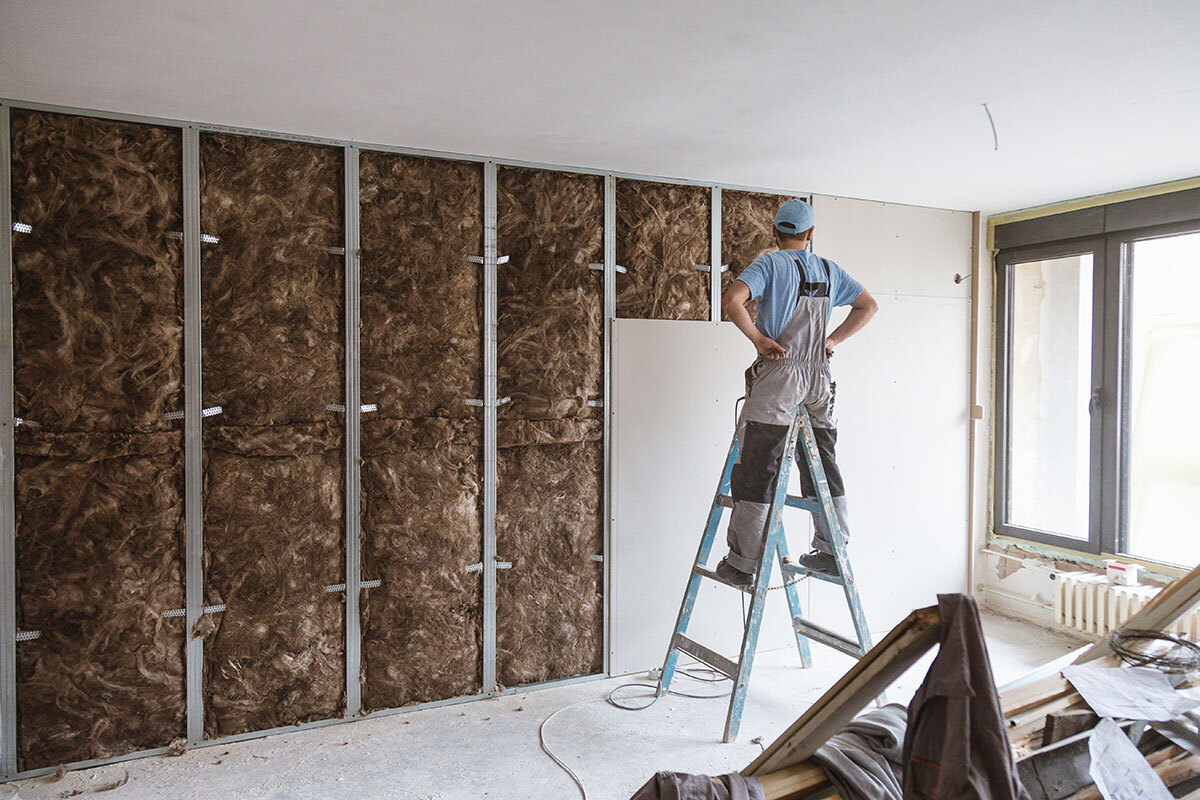Banks call for ‘strategic reset’ on net zero homes
The trade association for the UK banking and financial services sector has called for a “strategic reset” and a more radical approach to achieving net zero housing stock in the UK.
The new report, Net Zero Homes: Time for a Reset, released today by UK Finance, proposes a reset in the way that all stakeholders, including the government, deal with what it describes as the “number one policy issue facing future generations”.
The body highlights how homes in the UK remain the least energy-efficient in Europe, with the heating of homes representing 14% of total carbon emissions.
The report estimates that it will cost UK homeowners around £300bn to reach the government’s required Energy Performance Certificate (EPC) ratings alone.
Housing associations and ministers have previously warned that “key policy gaps” remain in the government’s plan to improve the energy efficiency of housing.
In February, Matthew Walker, chair of PlaceShapers, told MPs that the majority of housing associations would “go bust” if net zero costs were added into business plans without any additional support.
MPs on the Public Accounts Committee, which examines public expenditure, were highly critical of the government’s net zero strategy just one month later. They said it did not have “answers to the key questions of how it will fund the transition to net zero”.
The housing sector is aiming to be carbon neutral by 2050, but the Climate Change Committee (CCC) said in June that the government’s strategy will not deliver net zero and pointed to the insulation of homes as one of the main areas that remains in its “infancy”.
UK Finance said the recommendations in its new report will work within the key targets and measurement system already established in the government’s strategy.
The trade body hopes that these recommendations will “fire up” the agenda in a systematic way that does not disadvantage consumers, blight properties and bake in unnecessary costs.
UK Finance said the sector it represents can play a key part in the net zero transition, but with 35% of homes in the UK owner-occupied and mortgage-free, the targets cannot be achieved without co-operation across the public and private sectors.
It is therefore calling on the government to prioritise public funding to retrofit social housing, focused in areas with high rates of fuel poverty, to help reduce energy bills for residents.
Government grants should be provided to vulnerable populations to cover the full upfront cost of energy efficiency measures and low-carbon heating systems, and EPC certificates need updating to reflect improvements in EPC ratings on the date of installation.
In addition, UK Finance said the Stamp Duty Land Tax should be amended after 2025 to incorporate the property’s energy demand and carbon emissions, and rebates should become available if energy efficiency improvements are completed within two years of property purchase.
This should work alongside introducing a minimum rating for owner-occupied housing, required for the sale or re-mortgage of a property, to be phased in between 2030 and 2050.
David Postings, chief executive at UK Finance, said: “Climate change is the number-one public policy priority facing this and future generations. The challenge we face means we can no longer just consider our options, but instead need to see strong action. In housing this means addressing the impact of heating the UK’s 28 million homes.”
Mr Postings said the transition must be done in a fair way that does not leave anyone behind, which is why his organisation believes that in order to make real progress everyone must work together, led by clear, decisive and supportive government action.
Sign up for our daily newsletter
Already have an account? Click here to manage your newsletters






